The Minutiae: immersive summer reads + new method of note-taking
+ bookish treasure and one from the archives
We’re taking a stab at the old newsletter again! I’m going to find my rhythm with it one of these days. Recently I had a realisation… I needed to write a newsletter (not an essay, or a thinkpiece, or what have you). Like, something with a selection of interesting features! Updates! Thoughts!
The problem is, I have all these half-baked ideas (who doesn’t?) and they’re interesting tidbits more than they are essay material. Case in point, I tried to stretch a half-baked idea over an entire newsletter a couple of weeks ago and thought it was the most boring, inconsequential thing I’d ever read. So it went on the reject pile, and I realised sometimes you just need the one paragraph to say something.
I also hope it might be a nice chance for me to revisit various books I’ve read or reviewed. There are the books I always bang on about, of course, but it is otherwise easy for me to forget what I’ve read and how many great books I can share with you.
I can’t guarantee we’ll see all of these every week, but here’s a smattering of ideas. If you like them, or if you have an idea for a feature, let me know.
My new love (or, a new way I take notes on what I read)
I have mostly fallen out of love with buying things (unless they are books). So you needn’t expect me to curate lists of stuff I’ve bought with any regularity.
But I have to share my latest purchase which has maybe changed my life . . . a dictaphone.
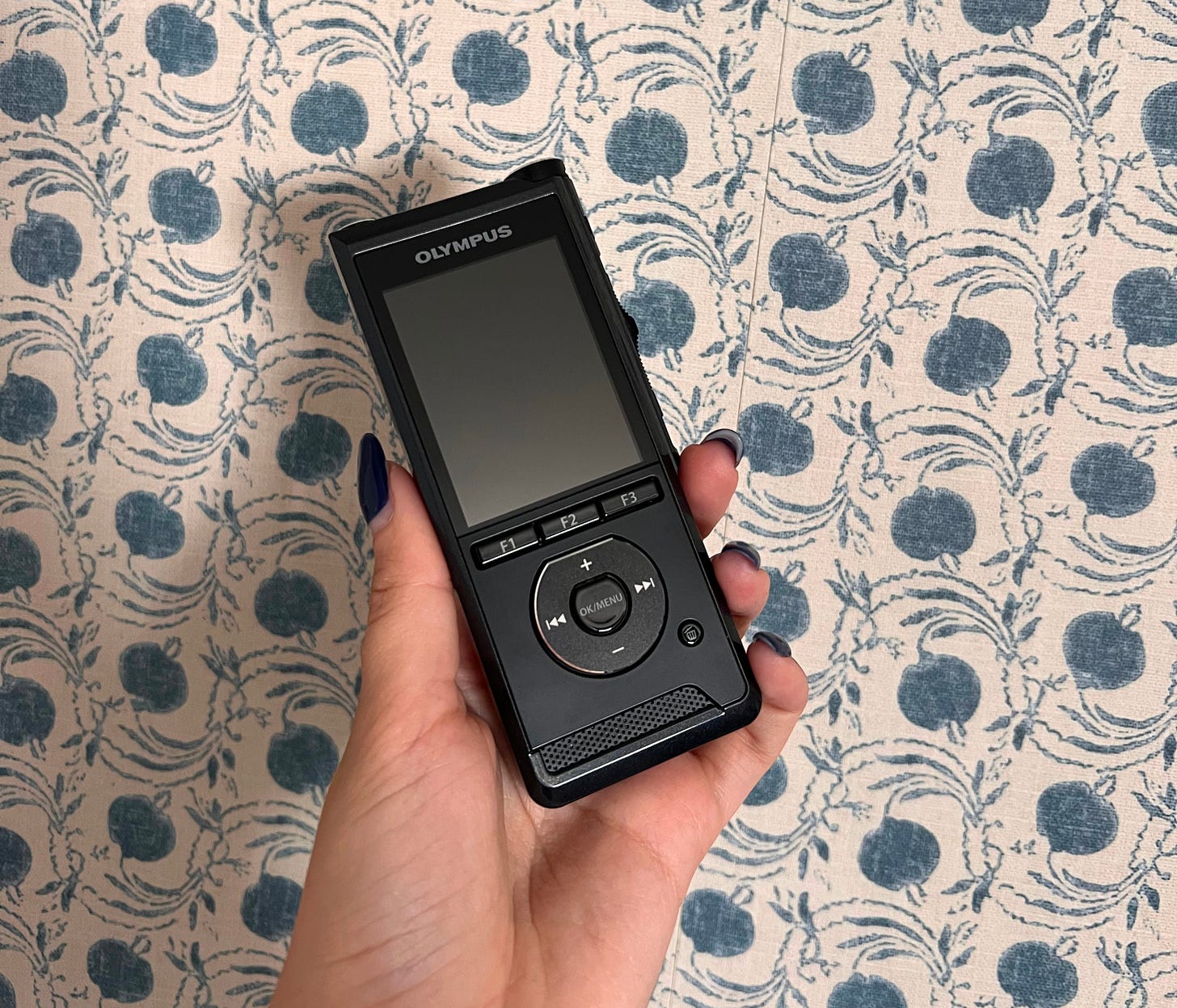
For many years, people asked me to make some sort of guide to note-taking, and finally, I obliged. Then, as is my way, I changed how I do things. Before, I was lugging a notebook around with me all the time, but what with the sheer number of books I read (now that I have fully shifted into a book-based output), the speed at which I have to read them, and the level of detail I have to process them at (a review, a book club pick, a course novel), it was not often that I could justify the process of handwriting my notes as I went anymore. It was slowing me down considerably. (I do really recommend it though if you don’t have to do all of the above!)
Instead, I started to use a pencil to mark up the book (lightly!) as I went, and then I would come back and write up proper notes at a later date. I still think handwriting notes is an extremely valuable practice, and I quite liked that this new method had me staying with the book whilst I read, but then allowed me to page through it again at a later date and write more helpful notes with a bit of hindsight.
But then I was reading Han Kang’s We Do Not Part from the library, and right from page one I knew I had a problem. I couldn’t mark this one up (unless I wanted to spend time rubbing out all my pencil marks), but there was a lot of material to synthesise.1 I have tried various methods in the past—like making notes on my phone, even just taking pictures of relevant pages—but it always felt annoying, and too often left me totally distracted. Then, like some beam from the distant past, it hit me . . . I needed a dictaphone. I needed buttons.
Buttons!!!! We’ve all forgotten the wonder of the simple button, I think? Because I thought about using my phone as a voice recorder, but it necessitated picking up the evil device, and actually looking at it, trying to tap in the right place, etc. With the dictaphone, I don’t even have to look at it; I slide up to record, I slide back down when I’m done. I can leave it on and the battery lasts forever. This means I don’t even have to take my eyes off the words themselves, and so I’m staying in the book much more than I ever was before. I can make longer notes very quickly, and I can call out whole passages with ease.
I still use a pencil to mark up any parts I know I will almost definitely return to for whatever I’m working on, or that seem key to the book as a whole. I do this mostly for navigational reasons—so I’m not hunting around on whichever page I’ve called out in my notes.
And then I listen back to the recordings on half speed and write everything up in my notebook once or twice a week.
It doesn’t work in every environment, sure. I can’t say I feel entirely comfortable using it on the tube. But you know, if people can watch TikTok out loud (!!!!), I can probably murmur into a dictaphone without worrying too much. I admit, it’s a bit embarrassing at first, but needs must.
Finds of a literary magpie
Something I’d like to share with you regularly are beautiful books and things that I find. This issue’s treasure? My mum’s childhood storybook that I may have purloined, nominally ‘for my daughter’, but mostly for me. This was published in the 60s, and aren’t the illustrations absolutely divine? The FONTS? I died about the fonts, really. The colouring of the whole thing. If I could show you how they dare to illustrate anthologies of fairy tales these days . . . but I don’t want to assault your eyes.
I thought about putting these in a gallery for you, but I think you’d have to click through to browser or app to see them properly, so I’ve put them into the body of the post.
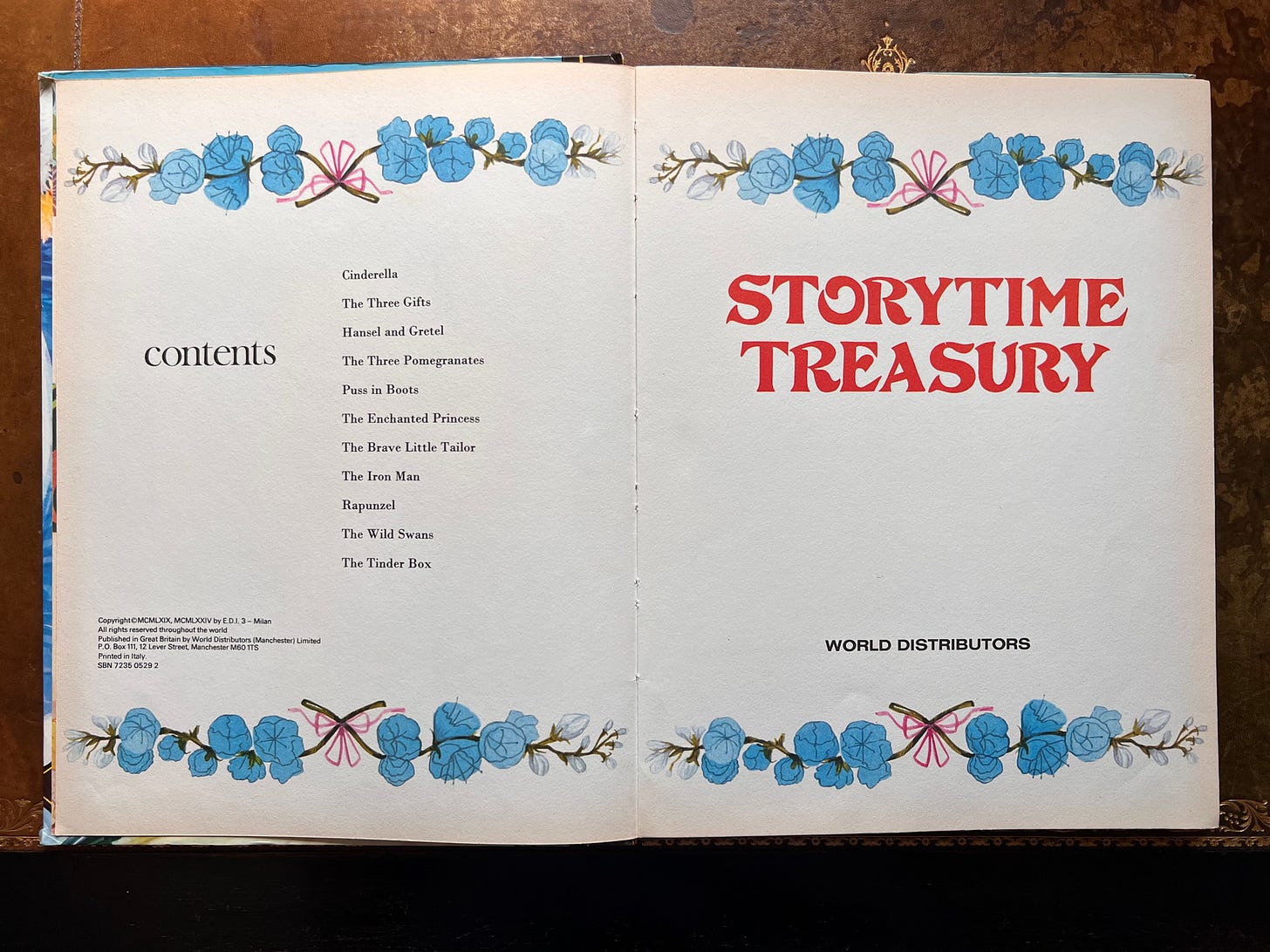
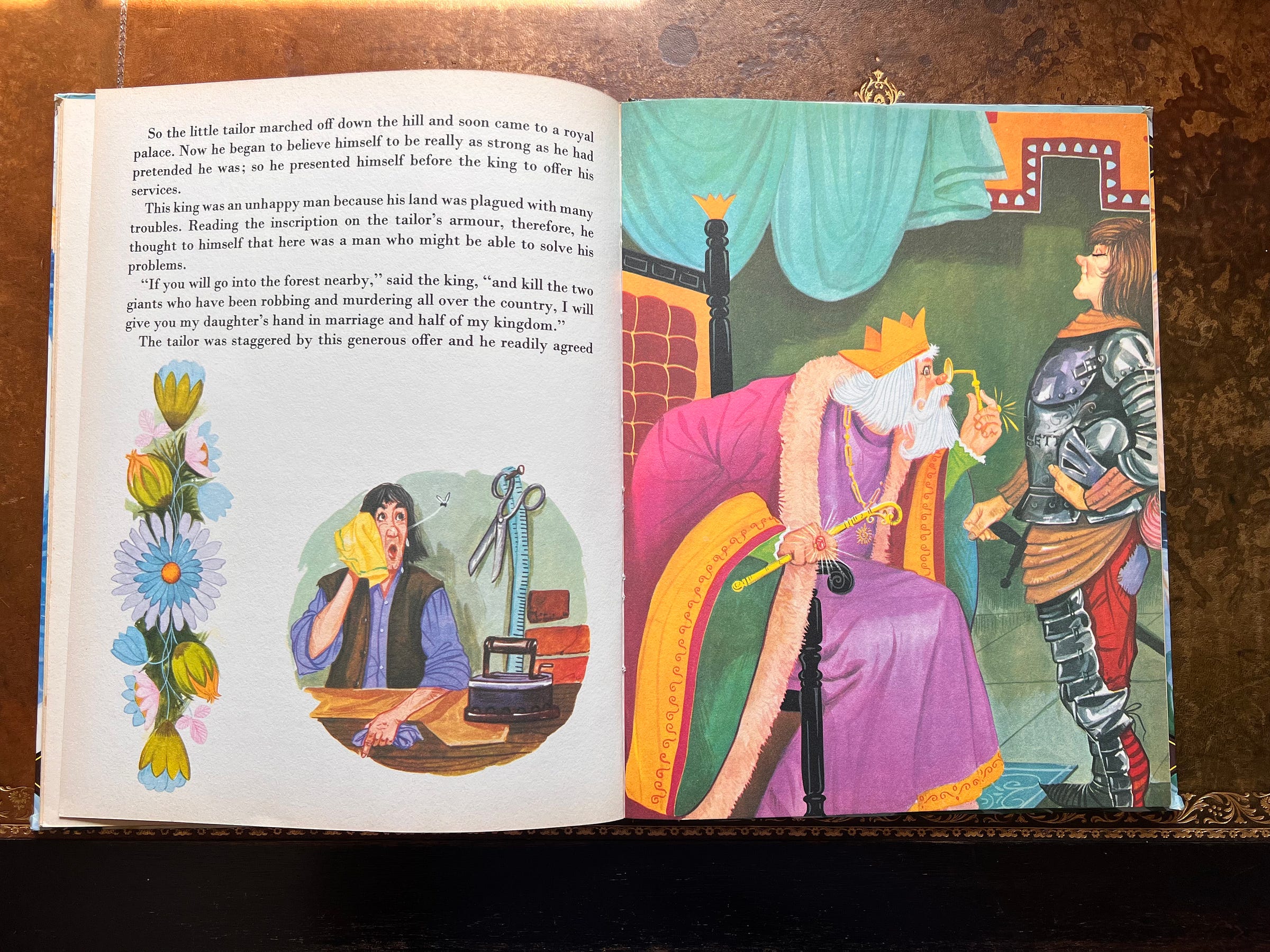
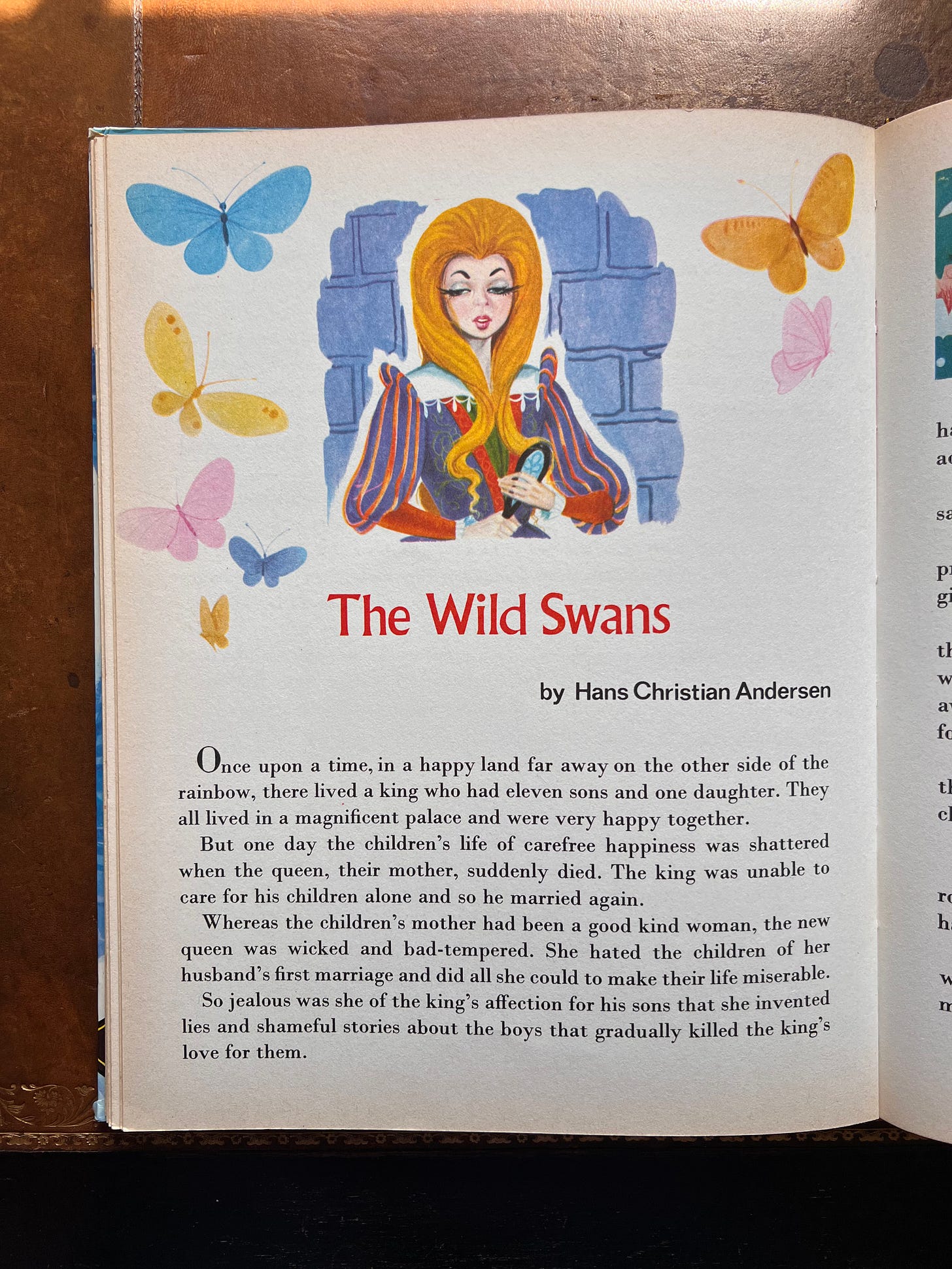
I even went and scanned a few of my absolute favourite pictures for you, so enjoy.
Poetry corner
A Colophon
The printer stands upright and stretches his shoulders.
The copy in all its length has been rolled up,
then pushed aside. Now comes the gathering and binding
and the journey to populate shelves alongside its peers.
This happens slowly, unlike the crowding
of bees in a swarm, but it's the same rush
to be packed together, as votes in their urn, as choirs —
the libraries, dumb in their long closed weekends, are always
attracting paper, plucked from the private office,
uprooted from barrows, into the summed catalogues.
Now the hand embraces the long expected volume,
in the clutch of paper the finger holding its place:
the margins defaced, the manicule and the asterisk land
like wasps. Released from its clasp, the book relaxes.— by Eiléan Ní Chuilleanáin, in The Map of the World, 2023
Book List: immersive summer reads
I wanted to curate short book lists for you in these, and this week—inspired by the hot weather here in London (comparatively speaking)—my mind is naturally turning to the summer read. Here is a list of books that I would be very happy to have with me on a holiday (some of them tried and tested). They are immersive and don’t require too much effort from you, but they are still high-quality novels. There are no surprises from me here if you’ve been following along for a long time, but I hope that if you are putting together a selection for an upcoming break, this is a good reminder of some of my favourites.
I would love to get some really specific prompts for these lists, so if you have any good ones, please leave them in the comments below.
The Round House by Louise Erdrich — Immersive family drama and coming-of-age. Had some quibbles with the overall premise of this one when I first read it, but have to say my lasting impression is that it’s a great novel, and that it beautifully builds out the community and the voice of its main character. Original review here.
Some Luck by Jane Smiley — This is the first of a trilogy of novels (The Last Hundred Years Trilogy) which is your classic farming family saga set over the course of . . . you guessed it! The last hundred years! Some Luck and Early Warning are fantastic. I wasn’t so keen on the last one, but it’s still a great reading experience overall. Original review here.
The Idiot by Elif Batuman — This one had me laughing out loud on the beach. About a hapless Harvard undergraduate in the 90s (not-so-loosely based on Batuman herself). It’s a little too meandering for some readers, but I loved it. Original review here.
The Last of Her Kind by Sigrid Nunez — A recent read but it easily makes its way on here! This is exactly the kind of book I’d like to lose myself in over summer. Set in the 60s and 70s, looking at the ideological extremes of this period, the free love movement, and literary New York; it’s got a bit of everything. Original (very recent) review here.
East of Eden by John Steinbeck — For a classic pick, my mind instantly went to this. Many of you will have read it, I’m sure, but for those of you who haven’t, let this be a reminder to you that it makes a very readable and enjoyable summer novel. It doesn’t require much from you except to lose yourself in it. Original review here.
In Ascension by Martin MacInnes — A perennial favourite with the book club community, this is a moving novel with a propulsive voice that journeys from the depths of the ocean into the stars. I read it twice in the summer of 2023, and it was a very good summer indeed. Original review here.
Reviews from the archives
World’s Fair by E. L. Doctorow — below is my original review from 2019, tweaked. This does make another excellent summer read!
This charming novel charts the childhood of a boy growing up in New York in the early twentieth century. The novel is narrated retrospectively by the protagonist Edgar, who tries to recapture the perspective of a child in his retelling. Doctorow masterfully balances the adult expression with the minutiae of childhood experience, and in doing so not only introduces a comic element but also intensifies and brings narrative weight to even the smallest elements of Edgar's early life. To break up his story, there are chapters addressed to him from the point of view of other older characters—his mother or older brother—and these give a better sense of some of the darker elements of the novel as well as some of the gendered aspects without shoehorning them into the warm nostalgia of the main thread.
As many children do, Edgar recounts how he tried to untangle the complexity of his parents' relationship and the responsibilities of adult life. His father a dreamer, his mother put-upon and practical, Edgar often finds himself in the middle of their conflicts.2 However, Doctorow also documents the magic of the everyday in the life of the child, bringing some of the more mundane elements of the book to life. The street cleaning “water wagon” is one of the earliest images in the novel, as Edgar remembers it shooting out an “iridescent rainbow [like] millions of liquid drops of sun”.3 At another moment, he describes how, being the baby of the family, he was frustrated being unable to assert himself at home as he does at school; “no matter how I grew and what I learned, I couldn’t seem to better my position”, a frustration I’m sure many children could sympathise with.4
Another one of the novel’s charms is that it depicts that historical period in New York extremely vividly, making even Edgar’s visits to the local stores with his mother come to life. I found myself fascinated by the descriptions of daily life, and of course the World's Fair from which the novel takes its title. Whilst there is nothing ground-breaking going on here, it is very accomplished piece of work that engages you and draws you into its world. It's also not often that I find myself reading a novel that feels warm and nostalgic, and so I have been thinking about it often since I finished it.
Stuff from the internet
I mostly read books, and sacrifice everything else in order to do so. Like, I don’t get round to reading many of the Substacks I’m subscribed to, or the TLSes that come through the door. But anything I do find that I like will be found here.
I admit I do make time for Brandon’s posts. I liked this one because it sums up the way I feel about fiction. I’d say ideology is pretty much the first thing I’m reading for, because it tells me what the book is doing in the world. What ideology governs this book? Or that one? What does it tell me about the characters and their world, but also the author and their world? If I could take his course, I would.
I would say Moshfegh for me is an example of someone who is lacking a strong sense of ideology in her novels, but he mentions her at the end of the post (perhaps because she has that everything-is-pointless millennial vibe?) so I’d be particularly interested to hear thoughts on that.
Sara as usual saying everything I was thinking. It’s very boring to occupy a middle ground on this issue, but here we are. The elitism on Substack makes me a little twitchy sometimes. But so does the everything-is-equally-good mentality!
It is not news to me that LLMs are not actually thinking . . . like, at all. But I’m glad someone did a research paper on it.
As a human-editor-in-training (more on this next time), I wholeheartedly agree.
TBR check
I’m going to use this section not as a realistic TBR (you probably already know a large swathe of what I have coming up if you follow me anywhere), but rather as an exercise in wishful thinking. If I had no reading responsibilities coming up, what would I be particularly drawn to at the moment?
First of all, I picked up Pathways by Katie Ward in (on?) Word on the Water—“The London Bookbarge”—and it’s calling me. I first clocked this book in this article where Ward talks about Hilary Mantel being so generous with her and her writing. A good sign, I thought! Blurb:
Cara is a dedicated neuroscientist with a research post at Cambridge. Heather is her almost-stepdaughter, drifting towards the end of school, trying to picture a future that fits her. Paul is Cara's partner and Heather's father—and when he suddenly disappears with no explanation, these two very different women, legally and biologically unrelated, need to figure out their place in each other's life. Set in Cambridge and Las Vegas, each city in its way as artificial as the other, Pathways is about connections forged and connections failed, and how people struggle to understand themselves and each other. A novel of both the heart and the head, it is perceptive, wry and unexpectedly moving, a love story of deep originality and intelligence.
The Ursula Le Guin prize shortlist was just announced, and The West Passage by Jared Pechaček is on there, which reminded me that I really want to read it! It was recommended to us in book club by the wonderful Emily, and it sounded so interesting. Blurb:
A palace the size of a city, ruled by giant Ladies of unknowable, eldritch origin. A land left to slow decay, drowning in the debris of generations. All this and more awaits you within The West Passage, a delightfully mysterious and intriguingly weird medieval fantasy unlike anything you've read before.
And finally, if I had all the time in the world right now, I think I’d dive into short story collections. I started my year with a lot of really long books and whilst I sometimes lamented the hefty page counts, I was very much in a long book frame of mind. But now I find myself thoroughly out of that phase and I think my brain is rebelling by requiring some good stories. A seriously difficult but artful form.
The seeds were laid for this when I saw Simon Jimenez talk about the story Bullet in the Brain by Tobias Wolff in an interview I watched, and then I went and read it and I was like—oh yes! Short stories really can be that good! Then when I was researching Annie Proulx for my post on The Shipping News, she had said in a couple of interviews that she thinks her stories are her best work (or at least she did at the time). And finally, I’ve no recollection what the rabbit hole was that led me to Barry Hannah’s Airships, but that went on the list recently, too. In conclusion: I’m craving some stories!
I will leave it there for today, though I do have ideas for other features! I might split them up over the twice-monthly newsletter (remaining hopeful here about my new format!) so you’ll maybe see each at least once a month. But let me know if you have any ideas.
Speak to you soon!
My current plan for these is that they will be sent out to free subscribers, but only the full archive will be available to paid subscribers. So each post will be paywalled after about a month. Subscribe now to make sure you always receive them into your inbox!
There was always a risk, you see, that I might forget why exactly I’d highlighted a particular passage.
Based on this description, I’m wondering how this would compare to A Tree Grows in Brooklyn.
Before I reread this, this is an image I distinctly remembered from the novel—is it because I wrote about it, or because it really is that memorable? Either way, it’s wonderful!
Now this line reminds me of Tove Ditlevsen’s The Copenhagen Trilogy. Perhaps interesting to compare this, A Tree Grows, and Copenhagen.


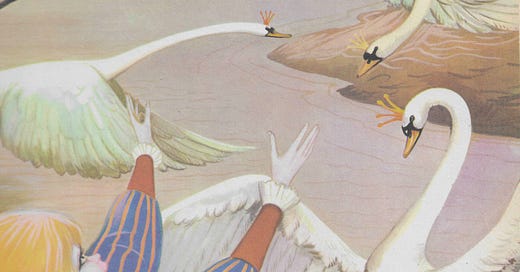



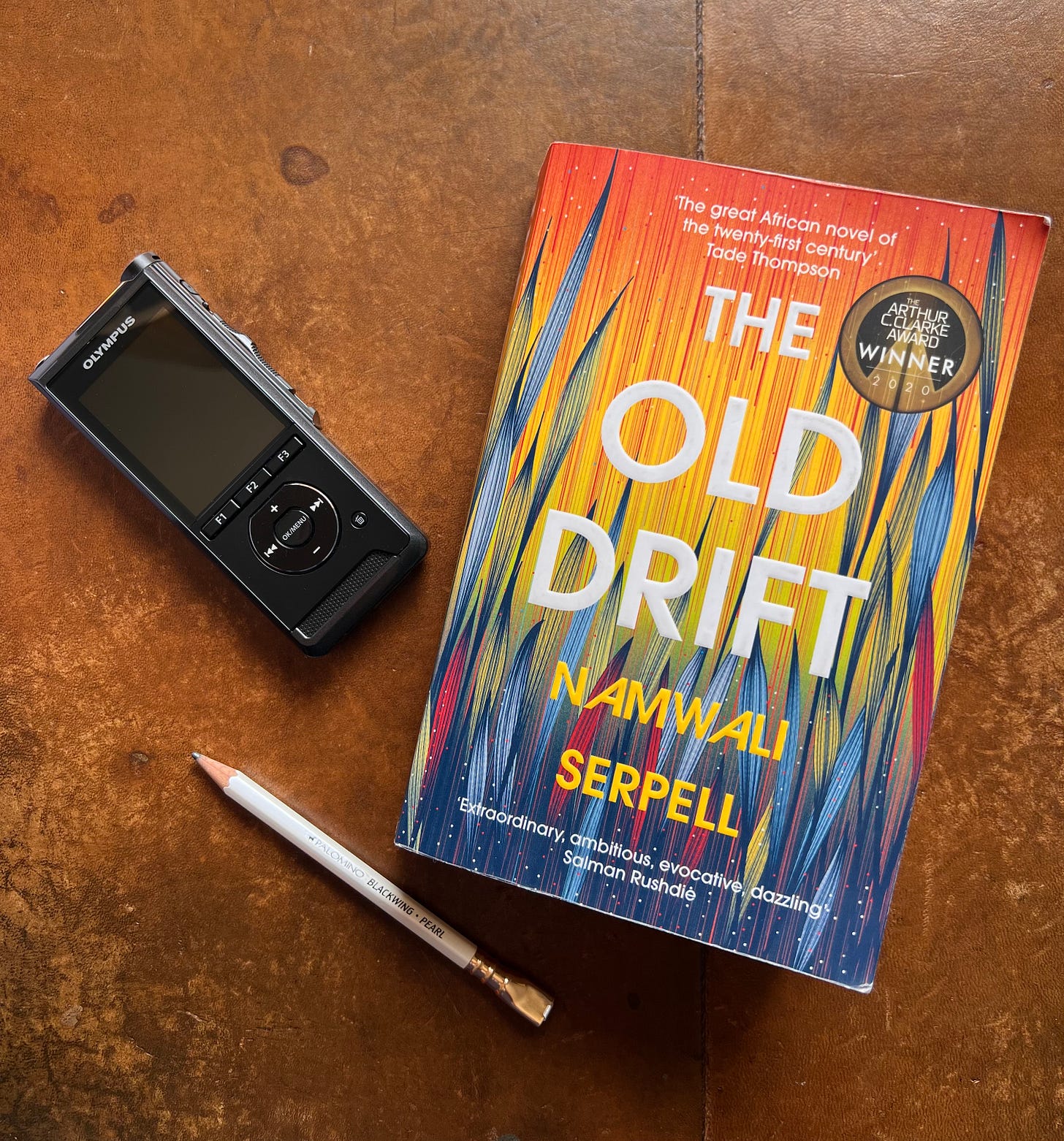
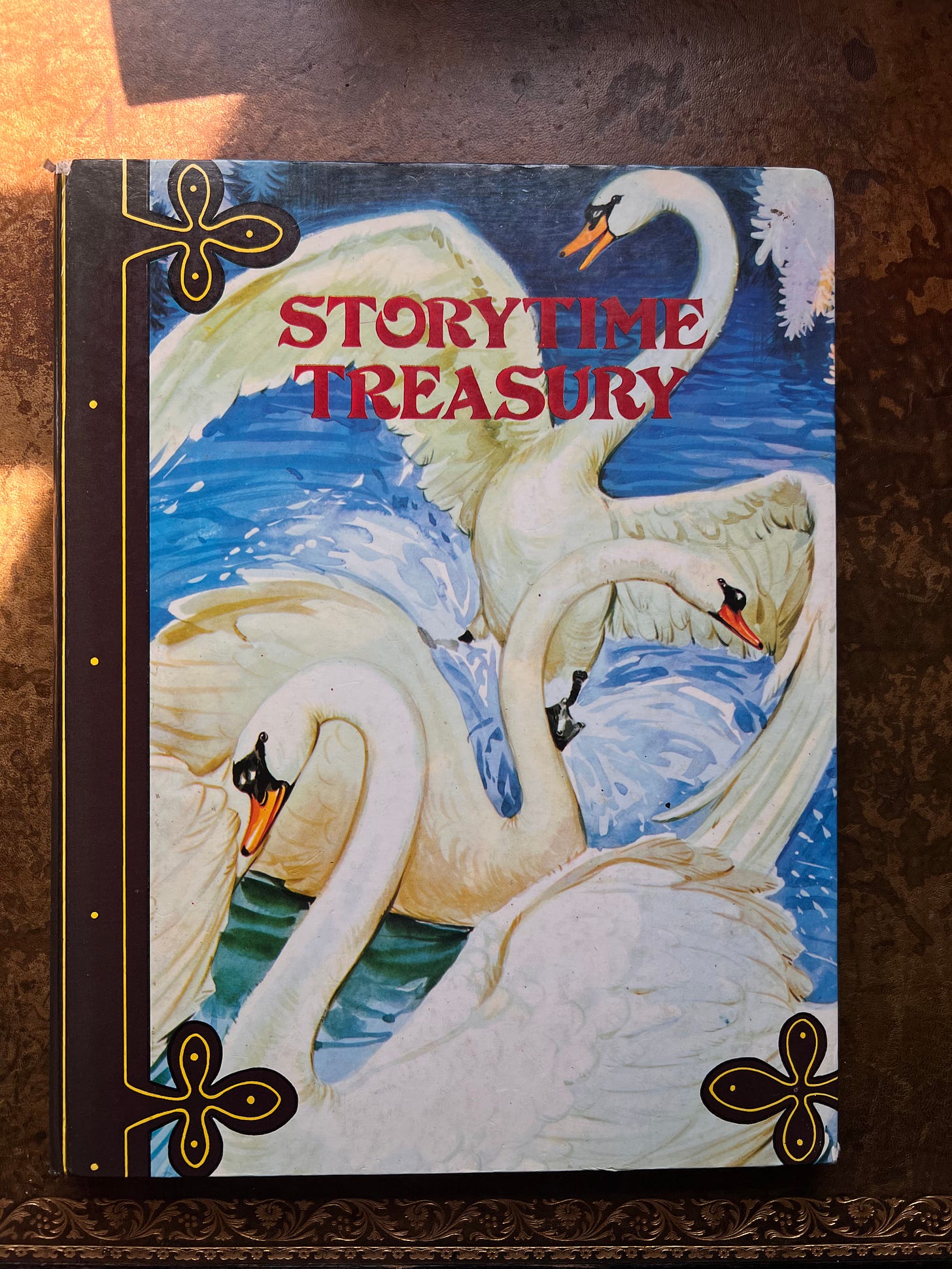
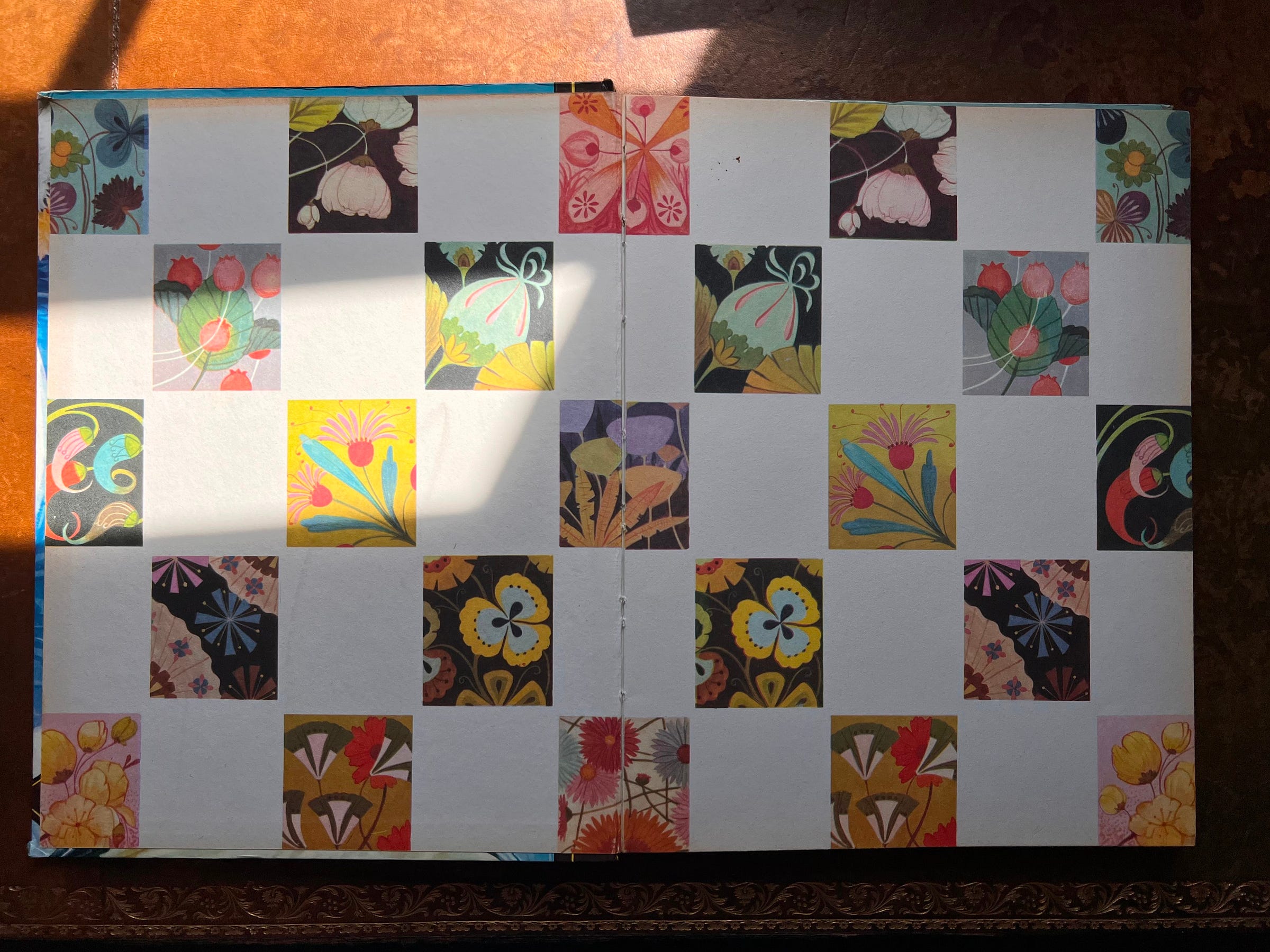

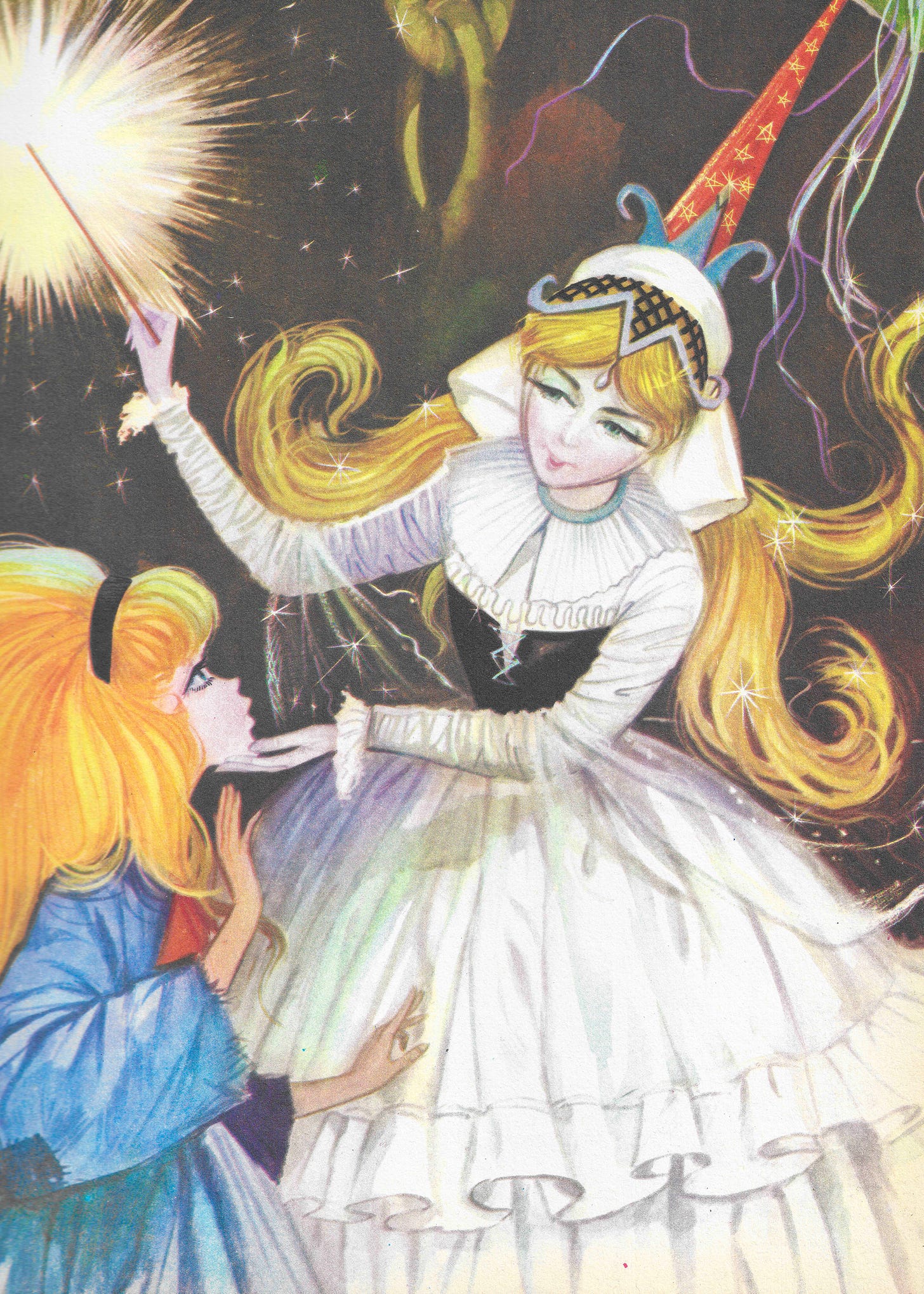
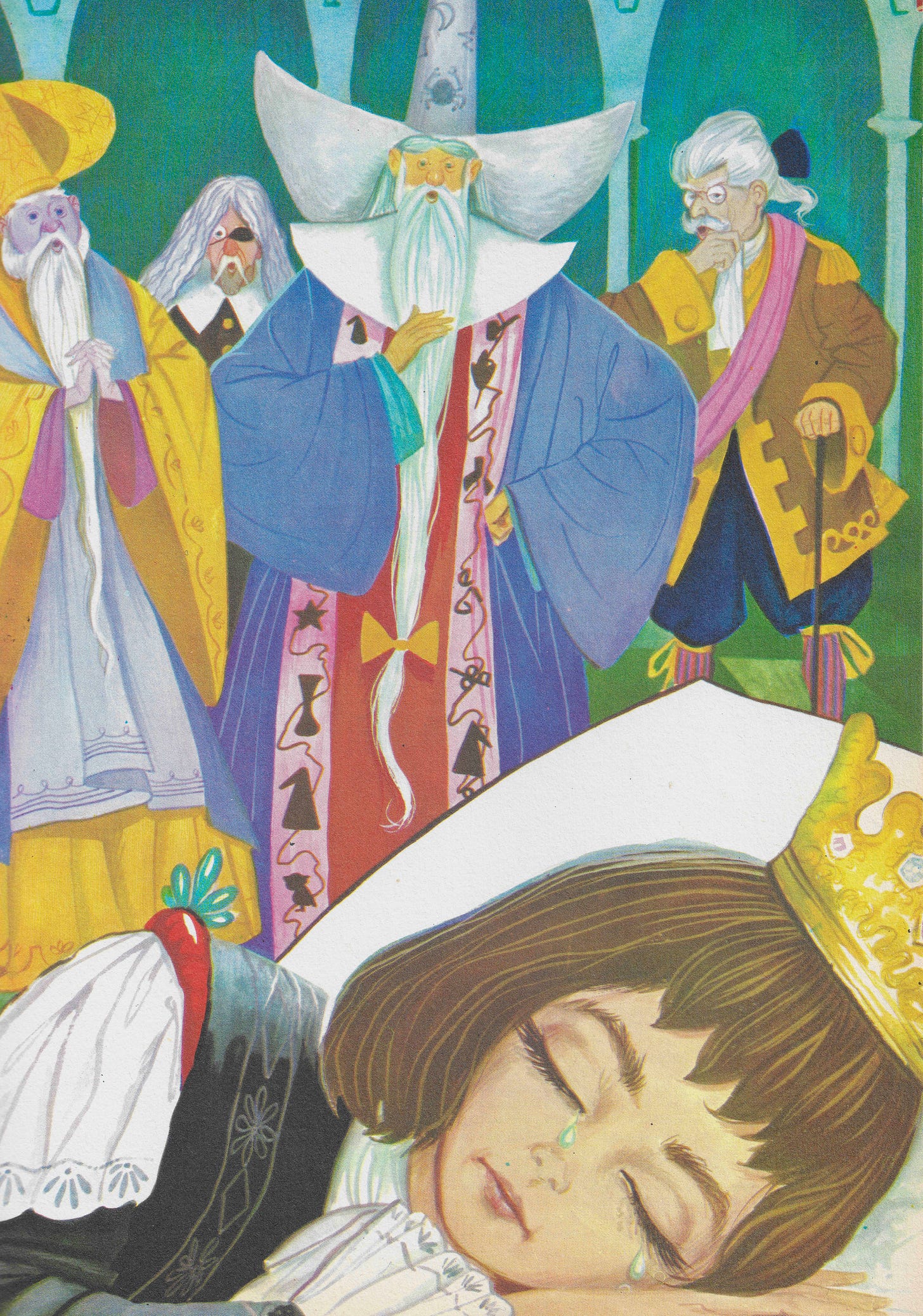

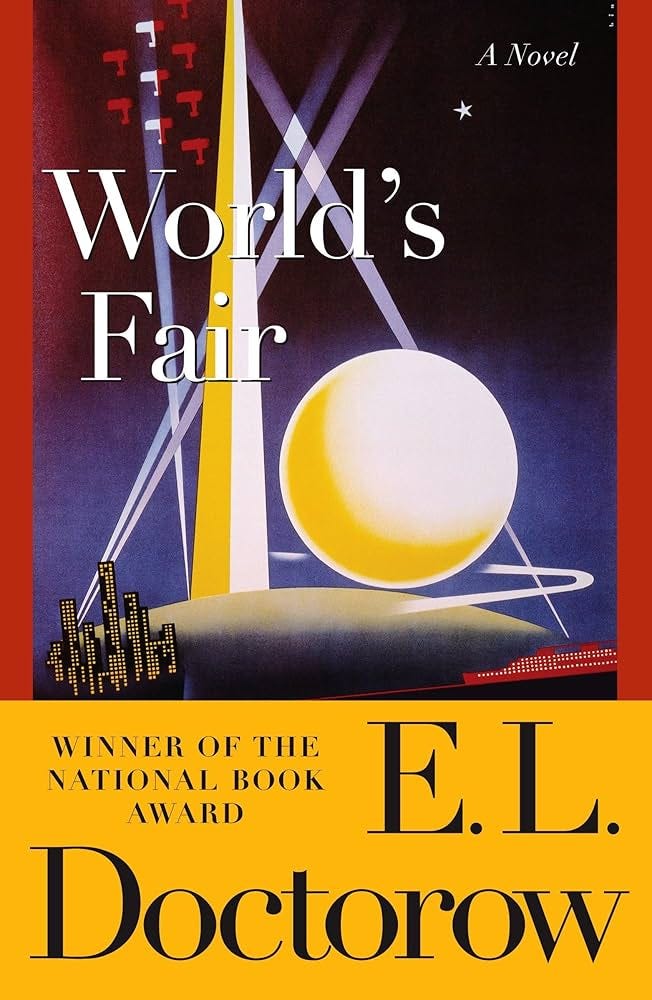


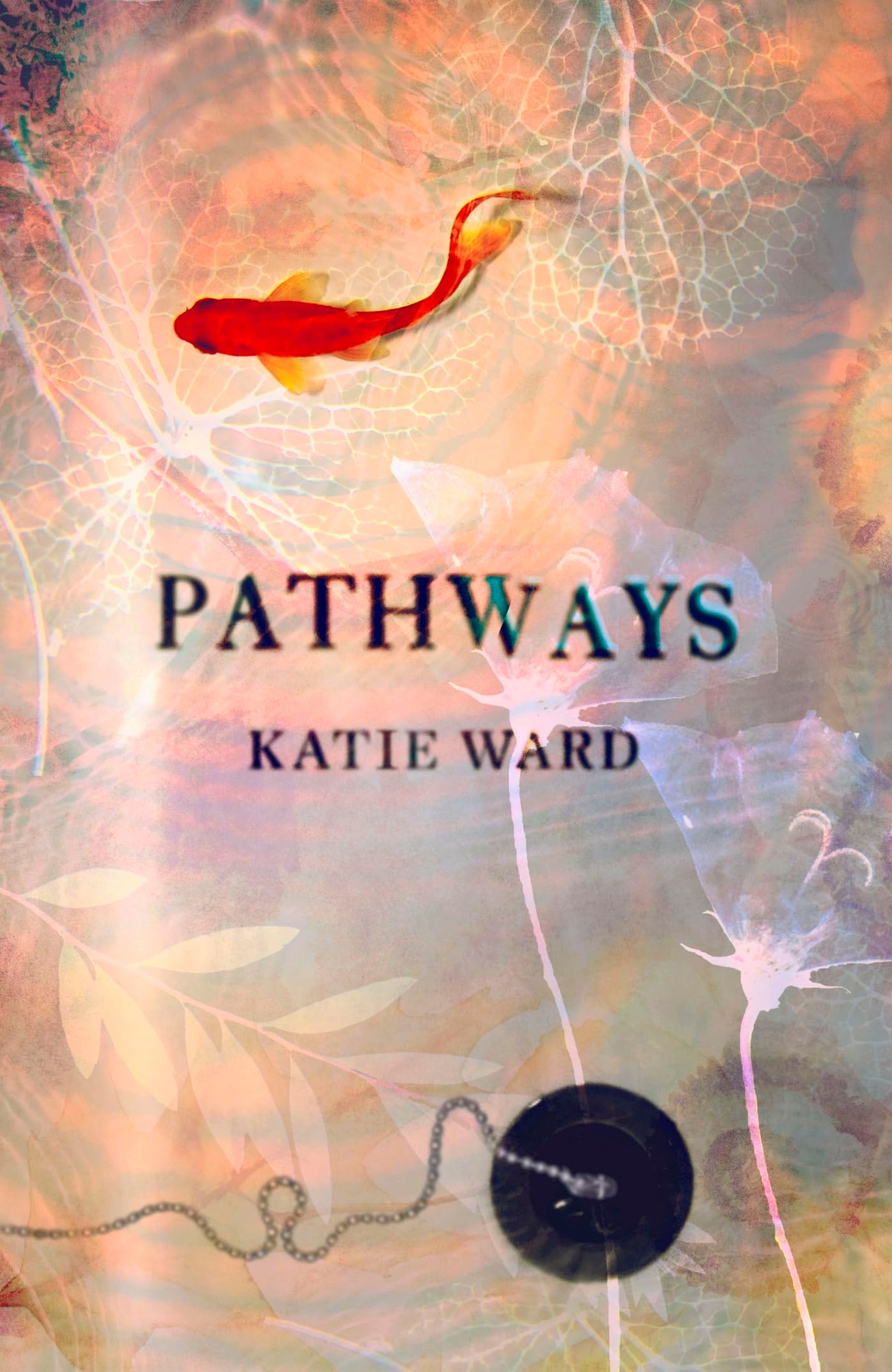
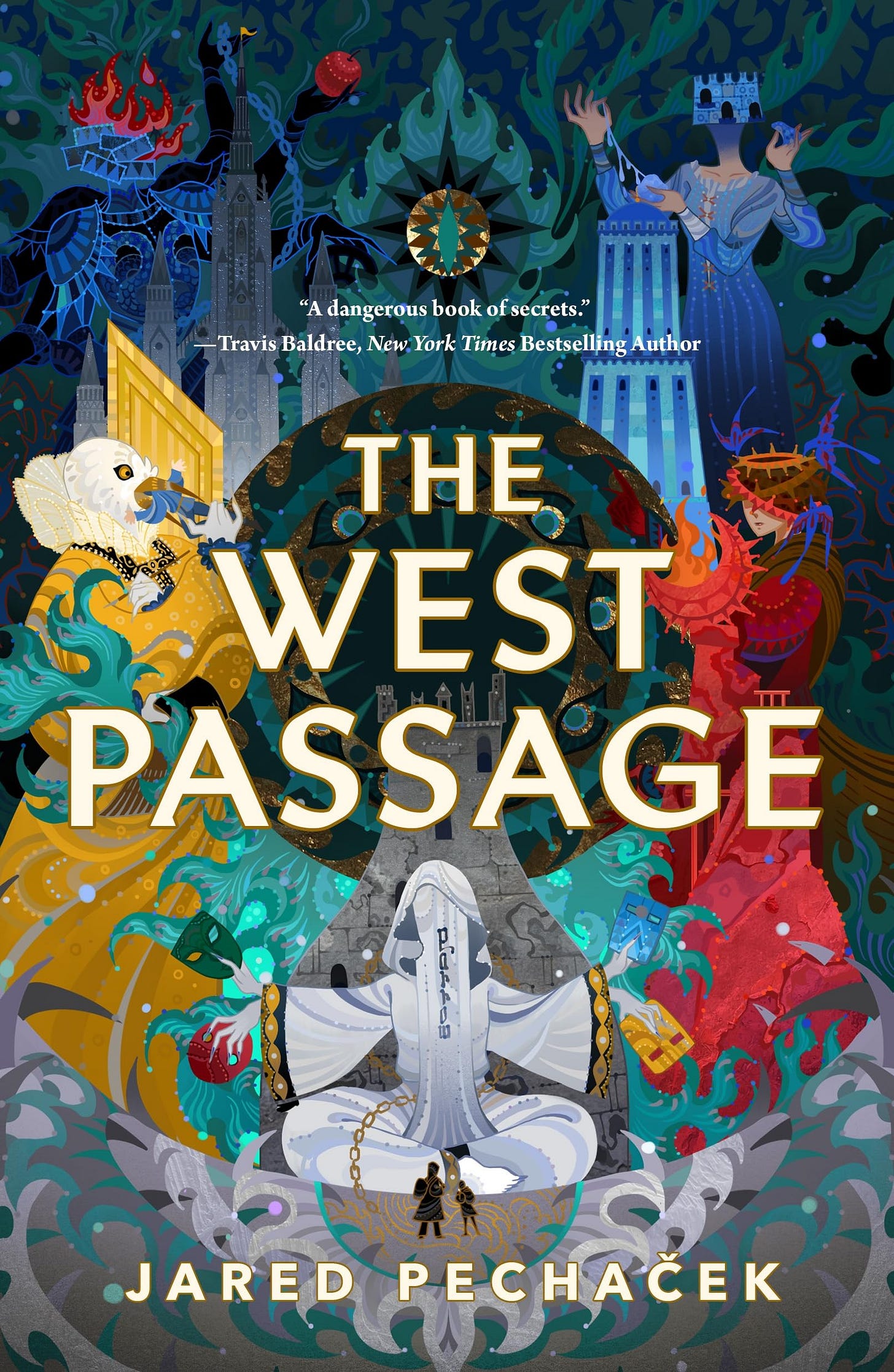
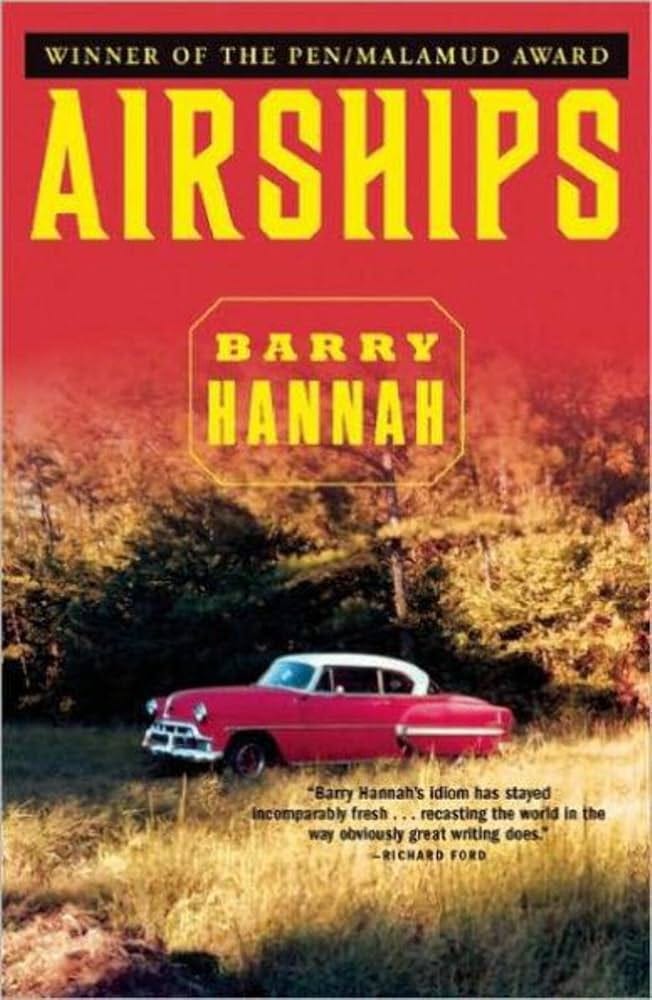
Loved reading this today, like a casual but well curated update from an old friend 🫶 And had a little chuckle on “buttons!!! I need buttons!”
I love this format and am sooo obsessed with the dictaphone - I fear I NEED one.